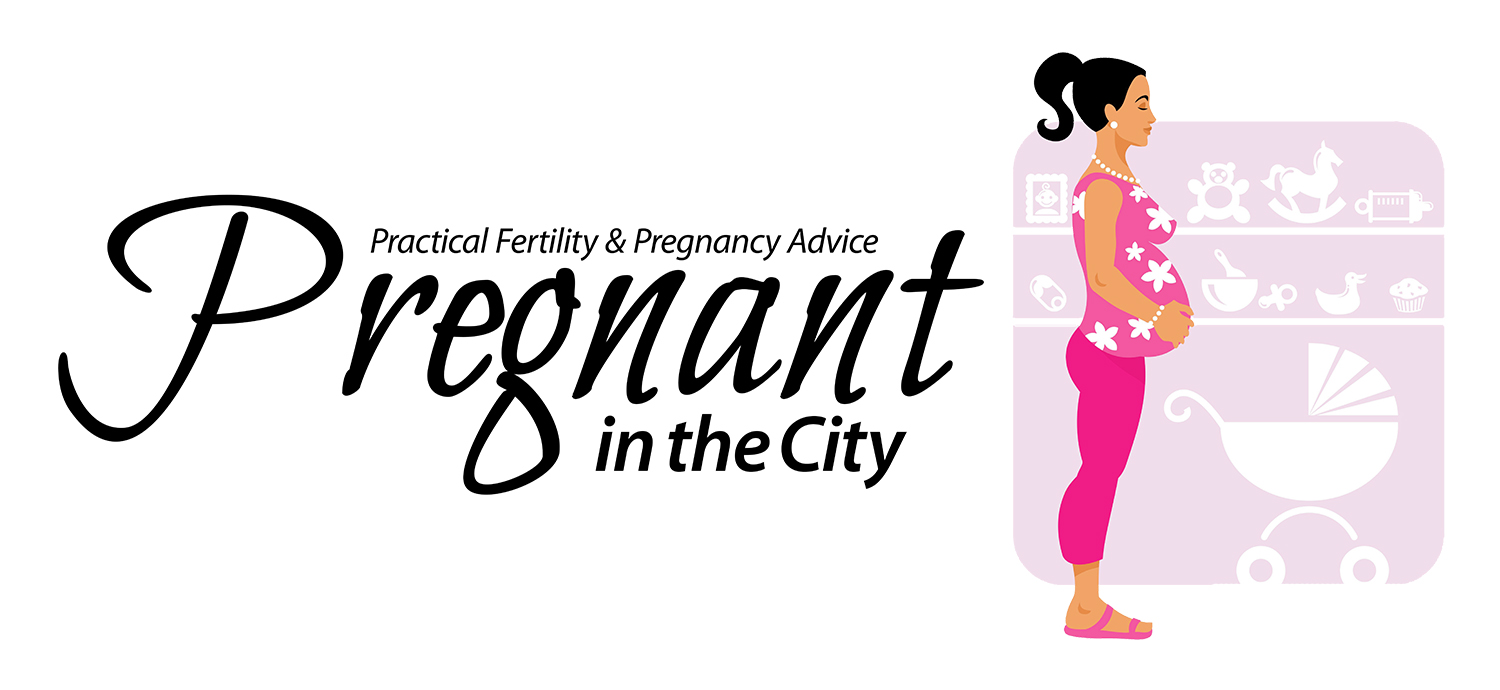 1. Just relax and you’ll get pregnant.
1. Just relax and you’ll get pregnant.
Advice like this is usually given by well-meaning family members and friends but it can be insensitive and more importantly, not true. If you have an identifiable fertility problem such as blocked tubes, endometriosis, polycystic ovarian syndrome or sperm issues, relaxing isn’t going to help. If you have been trying to conceive for about a year (if you are over 35: six months), the first step is to see a fertility doctor for comprehensive testing. Testing does not mean that you have to immediately proceed with fertility treatments such as IVF, but they will help to identify the problem so you can choose the best course of treatment for you or your partner.
2. Infertility is a woman’s problem.
In about 35 to 40% of couples facing infertility, the problem lies with the female. However, in 30 to 35% of couples, the problem lies with the male alone. The rest of the time there is a problem on both sides. If you are having difficulties getting pregnant, it is very important for both partners to get tested.
Sharon Kastoriano says: Having spoken with the many women in my clinic, I know that it can be very difficult to encourage a man to get checked. Without generalizing too much, it seems to take men more time to come to terms with the idea that they may have a problem with their fertility. I have women contacting me for help with fertility, assuming the problem is theirs, not their husband's. I always tell them that both need to get tested otherwise we are trying to treat the issue with only half of the information. Read more here on Male Infertility
3. With modern technology such as insemination (IUI) and in vitro fertilization (IVF), it’s OK to put off trying to conceive until later in life.
There is no technology right now that can improve the quality of a woman’s eggs. A woman is born with all the eggs she is ever going to have and the quality of these eggs declines with age. Poor egg quality is one of the main reasons women in their late 30s face difficulties getting pregnant. Poor egg quality is also one of the reasons why IVF cycles are not successful. Men are also not immune. Sperm levels and quality can also decline with age and poor sperm quality is also a reason for unsuccessful IVF cycles.
Sharon Kastoriano says: These days, women face difficult decisions when it comes to starting a family. Of course women want to have a successful career and want to wait to have children with the right partner. Why shouldn’t they? It’s taken a long time for women to reach this kind of freedom. Mother Nature is not on a woman’s side, unfortunately, when it comes to fertility, however. If you want to focus on a career or have not yet found the right partner but know you want to have children, be mindful that you may have more difficulty getting pregnant and take steps to optimize and maintain good health. See How To Maintain Your Fertility Until You Are Ready To Become a Mother
4. If you have a regular period, you should have no problems getting pregnant.
If you have blocked fallopian tubes, you will still have a regular period. If there is scarring of the tubes due to endometriosis or pelvic inflammatory disease (PID), there will be no symptoms and your period will be regular. However, in both cases the sperm will not be able to reach the egg so conception cannot occur. Or there may be male factor issues such as low sperm count. If you have been trying to conceive for a year with timed intercourse, seek help. If you are over 35, seek help after 6 months.
Sharon Kastoriano says: This is why I always insist that men and women who come to me seeking help with fertility go to a fertility doctor to get the basic tests done. As I said above, going to get tests done does not mean you have to do Western fertility treatments. It just gives us information that we can use.
5. If you are trying to conceive, you should have intercourse 24 to 72 hours AFTER you ovulate.
The best time to have intercourse is on the days right BEFORE ovulation, the day of ovulation and the day after to cover all bases. Male sperm survive for about 5 days inside a woman’s uterus. An egg survives about 24 hours after it is released during ovulation so if you wait to have sex until after ovulation, the sperm might not make it to the egg in time.
Sharon Kastoriano says: To quote my friend and former colleague, you want to make sure the seats are full before the diva (the egg) makes her appearance on stage. Ideally, you want to have intercourse 2 to 3 days before ovulation, the night before as well as the night after. How to Calculate When you Ovulate
6. Ovulation occurs on day 14 of your menstrual cycle.
The textbook menstrual cycle lasts 28 days and ovulation occurs on day 14. However, every woman is different. The best way to work out when you ovulate is by charting your cycle or using an ovulation predictor kit (OPK). Charting your cycle using your basal body temperature will show not only that you are ovulating but also around which day you usually ovulate. However, the downside of charting is that it only shows ovulation AFTER is has occurred. OPKs, on the other hand, let you know that ovulation IS taking place. However, OPKs are expensive and you will need to use several each month to pinpoint when you are ovulating. My advice to patients is to first chart your cycle using your basal body temperature for three months. That way you will know IF you are ovulating and on which day it usually occurs. Then if you want to, you can use OPKs to pinpoint the exact time. How to Calculate When you Ovulate
7. Day 1 of your cycle is the first day of any kind of bleeding or spotting.
No, day 1 is the first day of full menstrual bleeding with bright red blood. Spotting, especially brown spotting, does not count as the first day of your period.
8. If you have previously had a baby, then you are not infertile.
Having difficulties conceiving another child after the earlier birth of an earlier child is called secondary infertility. It is more common than people think. There can be many reasons for secondary infertility. Age-related infertility is the main reason for couples who were already in their late 30s around the time of the birth of their first child. Once a woman is over 35, fertility declines so if a couple or more years have passed since the first child, age could now be a factor. Male sperm can have changed over time or maybe there are new exposures to certain toxins, pesticides or other environmental factors. Although not that common, polycystic ovarian syndrome (PCOS) can sometimes develop after the first pregnancy, especially if there has been considerable weight gain since the first pregnancy. If there was a C-section, maybe there is scarring causing problems with implantation. And then there are lifestyle changes that occur once a child is born. Lack of sleep, more stress juggling schedules, less time to take care of oneself can lead to the body becoming rundown that can cause hormonal imbalances. Again, it is important to seek help and get tests done quickly. Don’t wait longer than six months if you are over 35.
9. If you adopt, you’ll get pregnant
This statement is similar to telling someone to just relax. It’s insensitive and not true, although someone always has story about a couple they know that it happened to. However, some women are more sensitive to the effects of stress hormones and nothing is more stressful than the struggle of infertility. When these women (and men) make the decision to stop ‘TRYING’ to conceive, their bodies return to a more relaxed, receptive state and they become pregnant.
Sharon Kastoriano says: Stress affects everyone in different ways and in some women stress hormones can create problems with fertility. That is why acupuncture is so beneficial for all those who are trying to conceive. It balances the adverse effects of the stress hormones and brings the body back into balance (homeostasis).
